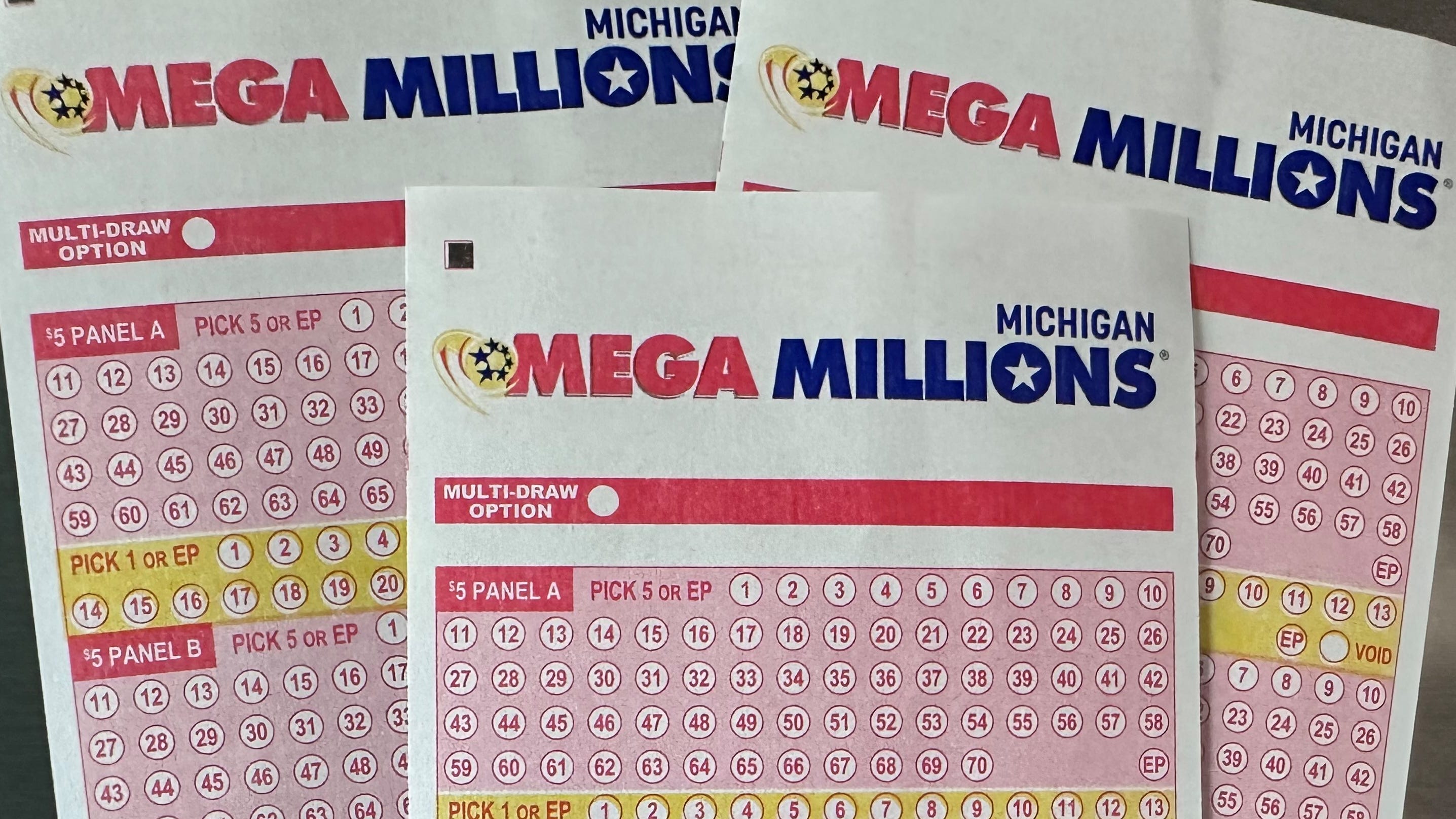Putin's Power Play: Analyzing The Risks Of US Crimea Recognition

Welcome to your ultimate source for breaking news, trending updates, and in-depth stories from around the world. Whether it's politics, technology, entertainment, sports, or lifestyle, we bring you real-time updates that keep you informed and ahead of the curve.
Our team works tirelessly to ensure you never miss a moment. From the latest developments in global events to the most talked-about topics on social media, our news platform is designed to deliver accurate and timely information, all in one place.
Stay in the know and join thousands of readers who trust us for reliable, up-to-date content. Explore our expertly curated articles and dive deeper into the stories that matter to you. Visit Best Website now and be part of the conversation. Don't miss out on the headlines that shape our world!
Table of Contents
Putin's Power Play: Analyzing the Risks of US Crimea Recognition
The potential for the United States to recognize Russia's annexation of Crimea is a highly contentious issue, sparking heated debate among policymakers and experts alike. While some argue it could de-escalate tensions and open avenues for diplomacy, many warn of significant risks and potential negative consequences for global stability and the international rules-based order. This article delves into the complexities of this delicate situation, examining the potential ramifications of such a controversial move.
The Current State of Play: A Frozen Conflict?
Since 2014, Crimea's annexation by Russia has been a major flashpoint in the ongoing conflict in Ukraine. The international community, including the vast majority of UN member states, overwhelmingly condemned Russia's actions as a violation of Ukraine's sovereignty and territorial integrity. This annexation, following the Euromaidan Revolution, significantly escalated tensions and paved the way for the larger-scale conflict that continues to this day. The ongoing war in Ukraine highlights the precarious geopolitical situation and the potential for further escalation.
Arguments for Recognition: A Pragmatic Approach?
Proponents of US recognition of Crimea's annexation argue that it could be a pragmatic step towards de-escalation. They suggest it could foster dialogue, potentially leading to a negotiated settlement of the broader conflict in Ukraine. Some believe that acknowledging the existing reality on the ground could create a more conducive environment for future negotiations. However, this argument overlooks crucial considerations, primarily the precedent it would set for other instances of aggression and territorial disputes globally.
The High Stakes: Risks and Consequences of Recognition
The potential downsides of US recognition far outweigh any perceived benefits. Recognizing Russia's illegal annexation would:
- Embolden Russia: It would send a powerful signal that aggression and territorial seizures are acceptable tactics, potentially emboldening Russia and other authoritarian regimes to pursue similar actions in the future. This could destabilize regions around the globe.
- Undermine International Law: It would severely undermine the international rules-based order, weakening the principle of territorial integrity and sovereignty enshrined in the UN Charter. This could lead to a chaotic world order where powerful nations can unilaterally redraw borders.
- Hurt Ukraine: It would be a devastating blow to Ukraine, signaling a lack of support from a key ally and potentially undermining its efforts to regain control over its territory. This would further embolden Russia in its pursuit of its geopolitical goals.
- Damage US Credibility: It would severely damage the credibility of the US on the global stage, undermining its ability to lead on issues of international law and human rights. This would weaken US alliances and influence.
Alternative Approaches: Focusing on Supporting Ukraine
Instead of contemplating recognition, the US should double down on its support for Ukraine. This includes:
- Continued military and humanitarian aid: Providing Ukraine with the necessary resources to defend itself and its citizens.
- Strengthening international sanctions: Maintaining and expanding sanctions against Russia to pressure it to end its aggression.
- Diplomatic efforts: Working with allies to pursue diplomatic solutions that respect Ukraine's sovereignty and territorial integrity. This could involve supporting international investigations into alleged war crimes and strengthening international cooperation to hold Russia accountable.
Conclusion: A Dangerous Precedent
Recognizing Russia's annexation of Crimea would be a grave mistake with far-reaching and potentially disastrous consequences. It would not only embolden Russia but also severely weaken the international rules-based order. Instead, the US should continue to support Ukraine, uphold international law, and work with its allies to ensure a peaceful resolution to the conflict that respects Ukraine's sovereignty and territorial integrity. The long-term stability and security of the region depend on it.
Keywords: Putin, Crimea, Russia, Ukraine, US recognition, annexation, international law, geopolitical risks, sanctions, diplomacy, war, conflict, sovereignty, territorial integrity, global stability.

Thank you for visiting our website, your trusted source for the latest updates and in-depth coverage on Putin's Power Play: Analyzing The Risks Of US Crimea Recognition. We're committed to keeping you informed with timely and accurate information to meet your curiosity and needs.
If you have any questions, suggestions, or feedback, we'd love to hear from you. Your insights are valuable to us and help us improve to serve you better. Feel free to reach out through our contact page.
Don't forget to bookmark our website and check back regularly for the latest headlines and trending topics. See you next time, and thank you for being part of our growing community!
Featured Posts
-
 Nfls Best Backup Qbs Who Could Carry A Team To The 2024 Playoffs
Jun 08, 2025
Nfls Best Backup Qbs Who Could Carry A Team To The 2024 Playoffs
Jun 08, 2025 -
 Following In Footsteps Jahmai Jones Detroit Tigers Journey
Jun 08, 2025
Following In Footsteps Jahmai Jones Detroit Tigers Journey
Jun 08, 2025 -
 Is Coco Gauff Dating Anyone A Look At Her Private Life
Jun 08, 2025
Is Coco Gauff Dating Anyone A Look At Her Private Life
Jun 08, 2025 -
 June 6th 2025 Mega Millions Lottery Numbers No Grand Prize Winner
Jun 08, 2025
June 6th 2025 Mega Millions Lottery Numbers No Grand Prize Winner
Jun 08, 2025 -
 How To Watch The Antigua Vs Cuba World Cup Qualifier Online And On Tv
Jun 08, 2025
How To Watch The Antigua Vs Cuba World Cup Qualifier Online And On Tv
Jun 08, 2025
